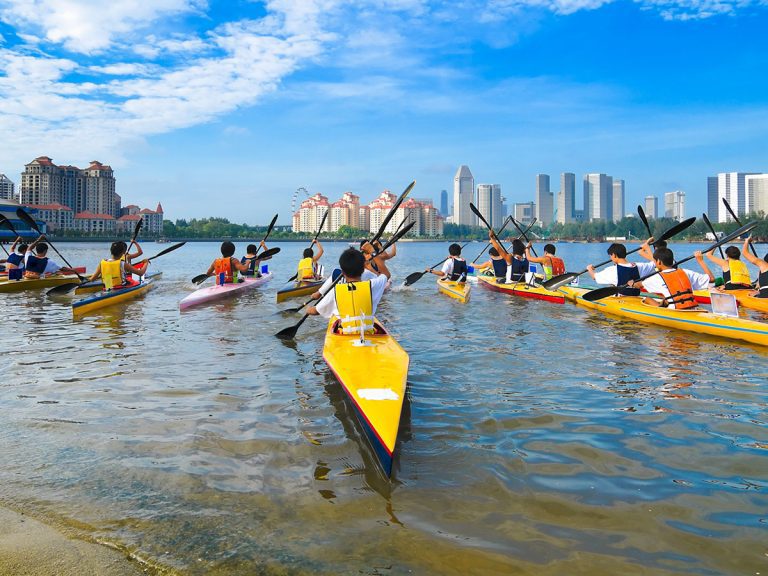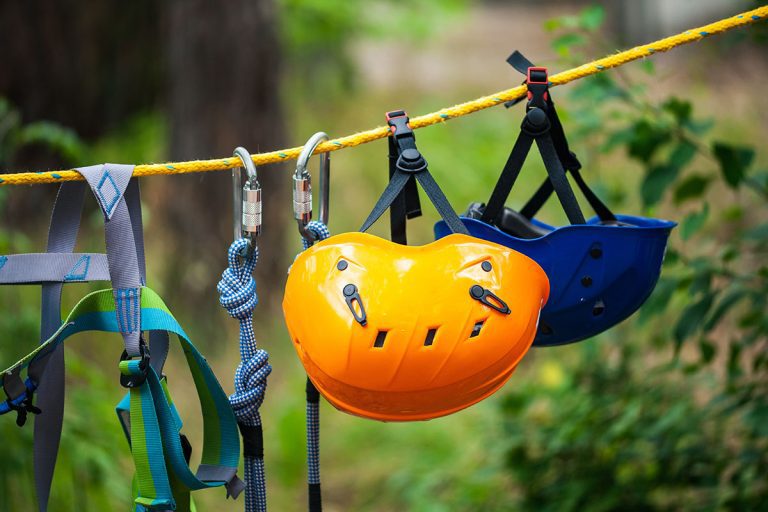The Role of Experience in Judgment: What the Evidence Says

Is an outdoor leader with years of experience likely to make better decisions than a new outdoor leader with minimal experience?
Research on the role of experience in decision-making has not established that experience leads to better decision-making.
A 2014 meta-analysis of 15 studies in the nursing literature found that the number of years in clinical practice was not associated with effective clinical decision-making.
A 2002 study of software maintainers found no reduction in the frequency of major unexpected problems from tasks solved by very experienced maintainers compared to very inexperienced or medium experienced maintainers. Maintenance problem prediction was not better with the most experienced maintainers.
The technology company Google found that years of experience was a poor predictor of job performance.

A study by the Colorado Avalanche Information Center found that most people involved in avalanches during the 2019-20 Colorado avalanche season had intermediate or advanced levels of experience. The researchers suggested that people used their higher level of experience to spend more time traveling in avalanche terrain or traveling during more avalanche-prone conditions.
The findings align with conclusions by avalanche researcher Ian McCammon, who found a “disquieting learning curve:” that as experience grows, overconfidence in one’s familiarity with the terrain and in one’s avalanche hazard mitigation skills also grows, leading to a dramatic increase in exposure to avalanche hazards.
Conclusions
Findings such as these led the Norwegian researcher Dr. Geir Kirkebøen to conclude, “The quality of professionals’ judgment and decision-making is rarely improved through experience.”
Similarly, cognitive theorist Dr. Ken Hammond, former director of the Center for Judgment and Policy at the University of Colorado, found that in nearly every study of experts, experience has been shown to be unrelated to the empirical accuracy of expert judgements.
The extent to which deficits in interpersonal skills and cognitive skills (such as cognitive biases and cognitive shortcuts) are mitigated appears to be much more influential on the quality of decision-making than the level of experience of the decision-maker.
If experience is likely to improve judgment, it may be helpful for that experience to be followed by self-reflection, external feedback, or some other evaluation process, so that the appropriateness of decisions made can be assessed.
Experience versus training
Experience is different from basic training—the acquisition of fundamental knowledge and skills related to an activity. An individual who recently obtained their law degree and passed the bar exam is likely to make better decisions about courtroom strategy and procedure than someone with no legal training.
Likewise, a person who recently earned an undergraduate degree in outdoor education or outdoor recreation is likely to be able to better lead a weekend whitewater canoeing trip, including making appropriate safety decisions on the trip, than a person who has never been trained in organizing group outdoor excursions and who has no knowledge of how to paddle a canoe, scout rapids, or make paddle/line/portage decisions using the International Scale of River Difficulty.
However, there is not compelling evidence to suggest that a person with twenty years’ experience leading canoe trips (or any other outdoor experiences) will make better safety decisions during an outdoor experience than a person with two years’ experience.
Implications
The presence of prior experience in leading outdoor activities is not, by itself, sufficient to justify hiring or approving a person to lead those activities. A difference in amount of experience between two candidates should likely not be the primary determining factor in which individual should be selected for a position. Other tools, such as reference checks, successful completion of required in-house training, and on-the-job observation by a skilled co-worker (such as a co-trip leader) are important to evaluate if a person with experience is likely to show appropriate judgment.
Individuals with significant prior experience can still make poor judgments. Decision aids such as written procedures, checklists, and a culture of collaborative leadership should still be used, even if the outdoor leader is highly experienced.




